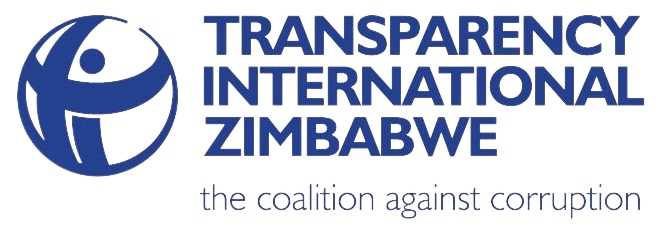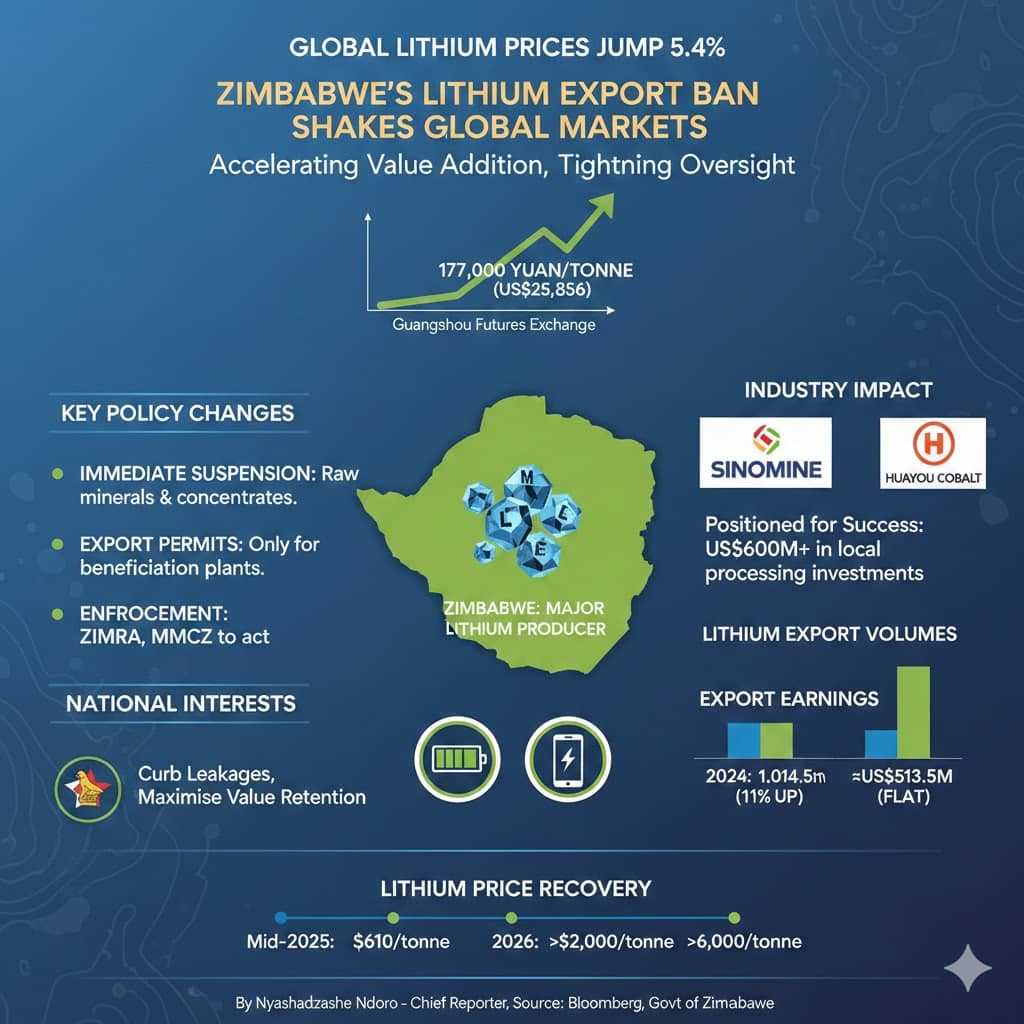
Audrey Galawu
Zimbabwe has recorded and continues to record cases of women reporting cases of sextortion in exchange for business favours.
According to a survey done by Transparency International Zimbabwe, more than 57% of women surveyed said they had been forced to offer sexual favours in exchange for jobs, medical care and when seeking placements at schools for their children.
The 2019 report titled Gender and Corruption, TIZ revealed that women in the informal sector experienced sextortion as the main form of non-monetary bribes by various officials.
“About 45% of women said they had received requests for sexual favours to access a service and 15% had used sex to get employment.
“Women who do not have money to pay for bribes are forced to use sex as a form of payment. 15% used employment favours as a form of bribery,” reads the report.
Today, the world is celebrating International Women’s Day under the theme “Invest in women: Accelerate Progress”, which the Zimbabwe Women Against Corruption Trust said the theme rightly speaks to the importance of investing in gender equality and empowerment of women and girls.
On this international women’s day, ZWACT said it is crucial for countries to reflect on the gains made to promote gender equality and also identify the challenges and barriers which have to be addressed.
Related Stories
The organisation believes corruption is one of the major barriers to the achievement of gender equality and other sustainable development goals.
“Corruption is a cross cutting issue which affects every sector hindering development goals and progress.
“Women’s participation in politics and decision making processes is also affected by corruption and patriarchal systems. Corruption disproportionately affects women because sometimes they experience corruption of sexual nature that is sexual corruption,” the organisation said.
ZWACT added that the day offers an opportunity to reflect on progress made by women, celebrate their achievements and how they positively impact their communities, citing that collective approach is needed to eradicate all barriers hindering the achievement of gender equality.
“Candidate selection system itself discriminates against the equal participation of women. Equal representation in leadership is important because concerns of all represented groups will be addressed. Therefore, to inspire inclusion, there should be equal representation of all in every sector.
“Everyone should play a part towards making achievement of gender equality a reality. Implementation of local and international instruments on gender equality should be prioritised. To inspire inclusion, let’s start with 50/50 representation between men and women at all levels.
“Empowerment of women is an essential tool to promote gender equality, realise the potential of women towards contributing to economic growth of nations,” ZWACT emphasised.
Women constitute more than fifty percent of the total population, however, their representation in leadership and decision-making positions remains low.



















Leave Comments